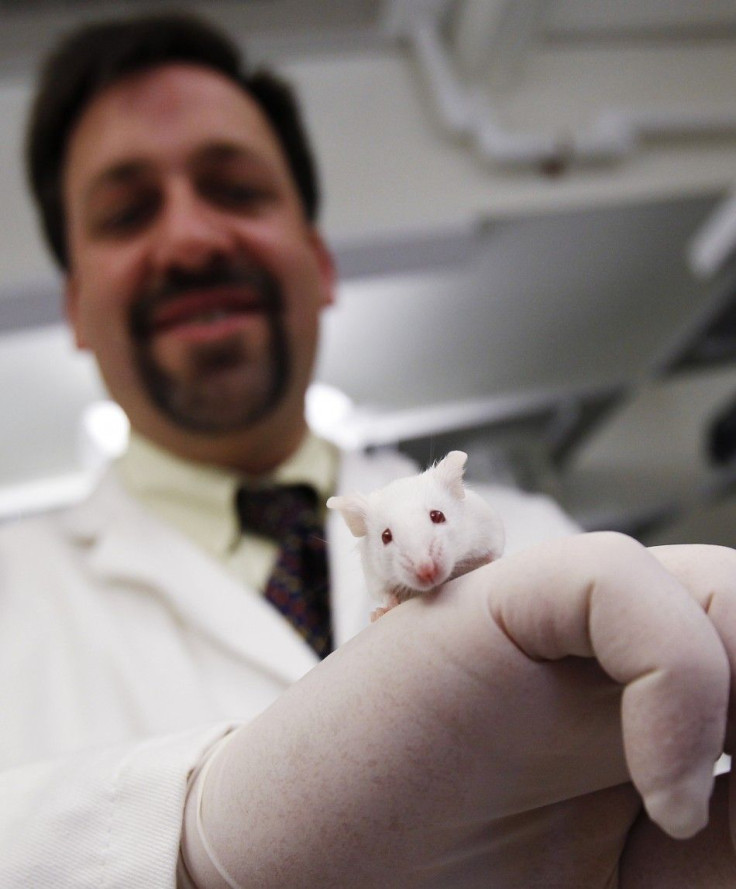Obese Mice Live Longer Thanks to New Drug, Humans Next?

A newly-created drug has improved the health and increased the lifespan of obese mice.
Researchers at the National Institute of Aging have found that larger doses of the drug SRT-1720, a synthetic compound, caused an increase in lifespan in mice on high-fat diets by 44 percent.
The scientists reported changes in the following areas: lifespan, liver, pancreas, heart, exercise and genes.
The drug reduced liver fat and protected high-fat-diet mice from resistance to insulin, the NIA press release said.
The study also found that the drug protects against cell death in the heart and suppresses inflammation.
As we hypothesized, SRT1720 mimics dietary restriction, moderating many of the harmful effects of the high-fat diet and obesity, study leader and senior author Rafael de Cabo said in the press release. Furthermore, we found that the higher dose of the compound had a stronger effect and there were no signs of toxicity from SRT1720 even after 80 weeks of treatment.
Still, even though the drug reversed health problems in mice, it remains to be seen whether these effects can be replicated in humans.
It is too early to know whether these findings could be replicated in other animal models, much less humans, de Cabo said in the press release. The bottom line is that we need much more research before considering SRT-1720 or related compounds as a possible treatment for diseases of aging.
© Copyright IBTimes 2024. All rights reserved.





















